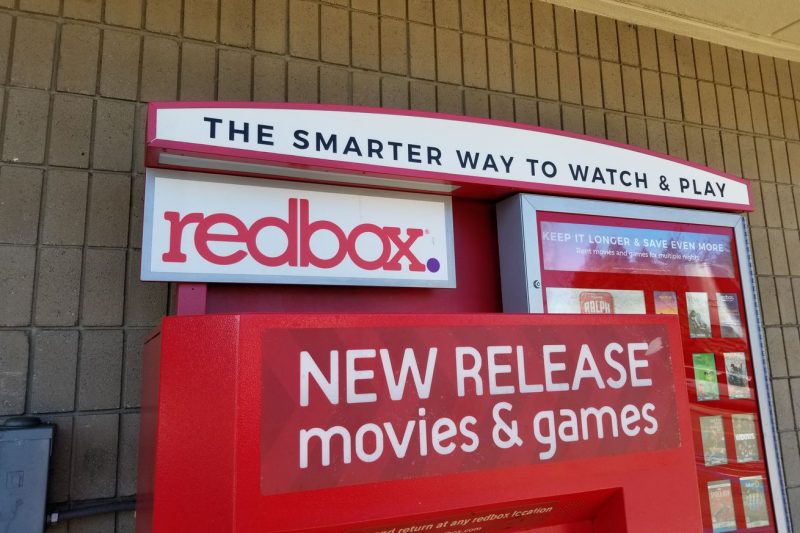Redbox Missed A Multimillion-Dollar Payment It Couldn’t Afford To Miss
The recent news that Redbox missed a multimillion-dollar payment has sent shockwaves through the entertainment industry. As a leading provider of DVD and Blu-ray rentals, Redbox has been a popular choice for movie enthusiasts looking for an affordable and convenient way to watch the latest releases. However, the company’s failure to make a crucial payment has raised questions about its financial health and future prospects.
The missed payment in question was related to the revenue-sharing agreement that Redbox has with major Hollywood studios. Under this agreement, Redbox pays a percentage of its revenue to the studios in exchange for the right to distribute their movies through its kiosks and online platforms. This arrangement has been a key part of Redbox’s business model, allowing it to offer a wide selection of new releases to its customers at competitive prices.
The fact that Redbox missed this payment is especially concerning given the tough competition it faces from streaming services like Netflix and Amazon Prime Video. These digital platforms have revolutionized the way people consume movies and TV shows, offering a vast library of content that can be accessed anytime, anywhere. In contrast, Redbox’s physical kiosks may seem outdated and less convenient to many consumers, especially younger generations who are used to streaming content on their devices.
The missed payment also raises questions about Redbox’s financial stability and ability to compete in an increasingly crowded market. With mounting debt and declining revenues, the company’s future looks uncertain, and it may struggle to stay afloat in the face of tough competition from digital streaming services. Moreover, the missed payment could harm Redbox’s relationships with Hollywood studios, potentially leading to a loss of access to new releases and popular titles.
In response to this crisis, Redbox will need to take decisive action to address its financial woes and regain the trust of its partners and customers. This may involve restructuring its debt, negotiating new agreements with studios, or exploring new ways to attract and retain customers in the digital age. However, the road ahead will not be easy, and Redbox will need to adapt quickly and effectively to survive in a rapidly changing industry.
In conclusion, the news that Redbox missed a multimillion-dollar payment is a troubling sign for the DVD rental company and highlights the challenges it faces in a competitive and evolving entertainment landscape. To secure its future, Redbox must act decisively and creatively to overcome its financial setbacks and reinvent itself for the digital age. Only time will tell if the company can rise to the challenge and emerge stronger on the other side.


























